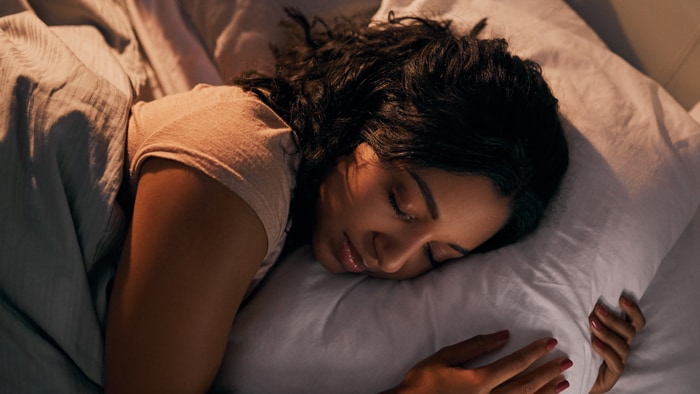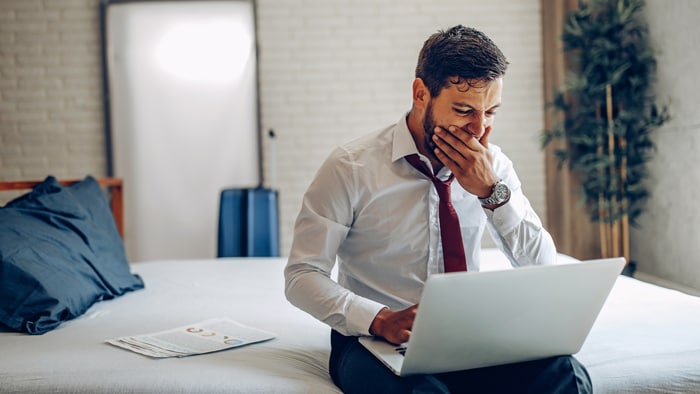Can a catnap condemn you to poor sleep?
By Gina Roberts-Grey A catnap sounds like the perfect way to get back a few of those 40 winks of sleep you lost out on last night. But whether you’re eyeing a nap to combat fatigue, fight Here’s a look at the chain reaction caused by a nap, and why napping today can trigger a bad case of the head bobs for days to come: At first, a short nap—defined as sleeping as little as 10 minutes or as long as an hour or two—generally will leave you feeling refreshed and more alert. In the short term, it also may prevent you from falling asleep at your desk. But experts caution it’s not possible to actually “catch up” on sleep. “You can’t ‘undo’ sleep deprivation,” said Dr. Robert S. Rosenberg, medical director of the Sleep Disorders Center of Prescott Valley and Flagstaff, Ariz. And, ironically, sleep deprivation isn’t something you can correct with sleep—that is, not solely with sleep. Your body’s internal alarm clock, called your circadian rhythm, sends signals to your brain that it’s time to go to bed and time to wake up, Rosenberg said. And research says taking naps creates a free-wheeling, irregular sleep schedule that throws off your body’s circadian rhythm because it’s not sure when it’s time to go to bed. The disruption in your body’s ability to regulate itself and know when to fall asleep shuffles your sleep patterns. “If you take naps at different times in the day, your body doesn’t get used to sleeping for six, seven or eight hours, then waking and being awake for 16 to 18 hours and then repeating that cycle,” Rosenberg said. So instead of helping you catch up on sleep, a nap essentially resets your body’s alarm clock and sleep cycle and can add to your trouble sleeping. But the simple act of giving yourself a bedtime and setting a sleep routine can help prevent the need to take a nap, Rosenberg said. “Unless you’re not feeling well, you shouldn’t feel sleepy during the day and have the urge to take a nap when you’re well-rested.” Fighting the urge to catch a quick catnap also increases the odds you’ll enjoy a deeper slumber night after night. So fight the head bobs and droopy eyelids with 5 to 10 minutes of physical activity. And get a better night’s sleep tonight.



